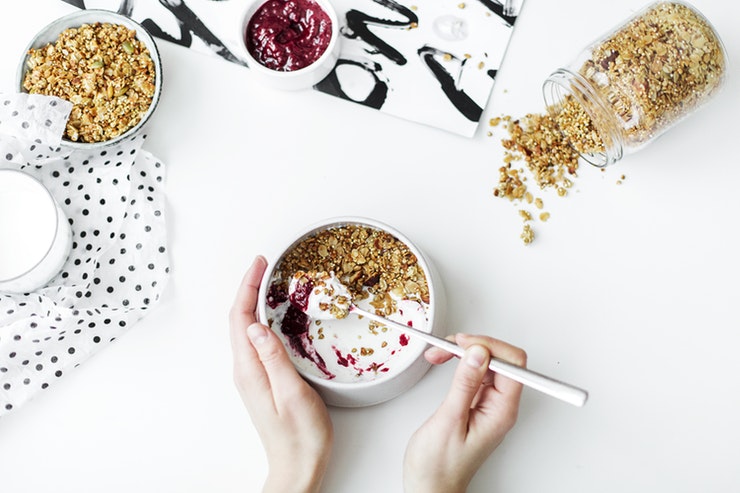
Sponsored Links
Depression is as simple as it is complex. You feel sad in the deepest kind of way, but it’s often difficult to pinpoint why. The effects of depression are not just mental, but can cause physical pain. You can even end up being isolated from friends and family, leading to extreme consequences, even death.
In fact suicide is a leading cause of death, claiming nearly 45,000 lives in 2016, according to the Centers for Disease Control.
There are a wide range of preventative measures being taken to help those in needs, including psychotherapy, medication, physical exercise, yoga and meditation. Each have their hand in helping the issue. But what about diet? Are there foods that can help, and perhaps even reverse the effects of depression?
Well, as it turns out, there are. In fact, diet is such an important part of mental health that it has inspired an entire field of medicine called nutritional psychiatry that aims to help depression and mental illness through a focus on healthy eating.
And the experts in this field name some of the following foods as ones that help fight depression.
1. Yogurt
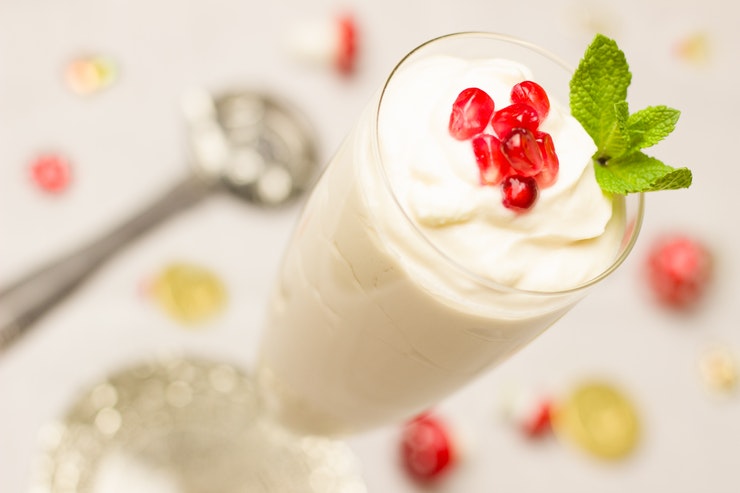
Probiotics are a live bacterial that are beneficial for your gut and overall digestive system. And as it turns out, an also play a role in your mind. In fact, researchers at the University of Virginia School of Medicine were able to reverse depression symptoms in mice by feeding them a probiotic bacteria derived from live-cultures yogurt called Lactobacillus.
It’s a little hard to explain why it may work, even by the scientists themselves, but it can’t hurt to try. Scientists suggest however, that you skip the low fat, and go straight for the full fat versions.
2. Salmon

Omega-3 fatty acids are critical for the development and overall function of the central nervous system. Not only that, but the lack of omega-3’s has been linked to low mood, cognitive decline and poor comprehension.
One of the best ways to get a solid dose of these nutritious fatty acids is through salmon. Yes, the pink meaty fish found prevalent in the Atlantic Ocean is on the top of the omega-3 list. In fact, 1 tablespoon of salmon fish oil will give you 4,767 milligrams (119% DV) of the good stuff.
Sponsored Links
3. Dark Chocolate
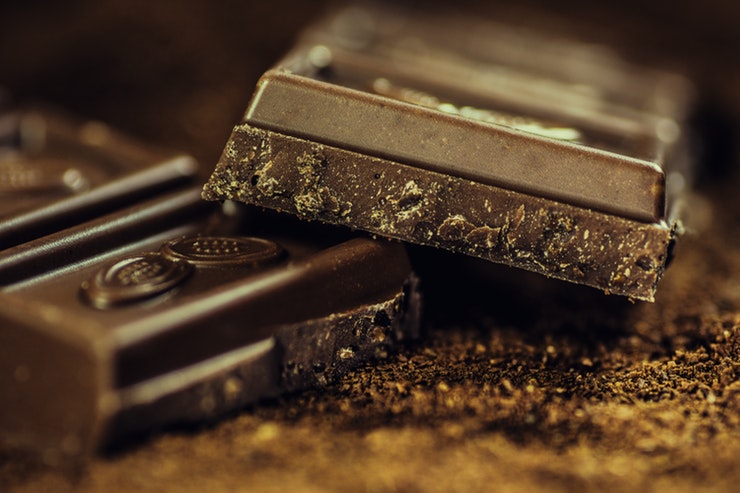
Oh, the bitter yet sweet taste wrapped up into a silky smooth bar of dark chocolate is something worth crunching down on. Yes, dark chocolate has been named on several healthy food lists, and for good reason.
This delectable “candy” contains a high dose of magnesium — with one single square giving you 95 milligrams (24% DV) of that all important mineral.
Why is magnesium so important? Well, One study found that a daily magnesium citrate supplement led to a significant improvement in depression and anxiety, regardless of age, gender or severity of depression. Furthermore, when individuals in the study discontinued taking the supplement, their depression symptoms continued.
4. Chickpeas (Garbanzo Beans):
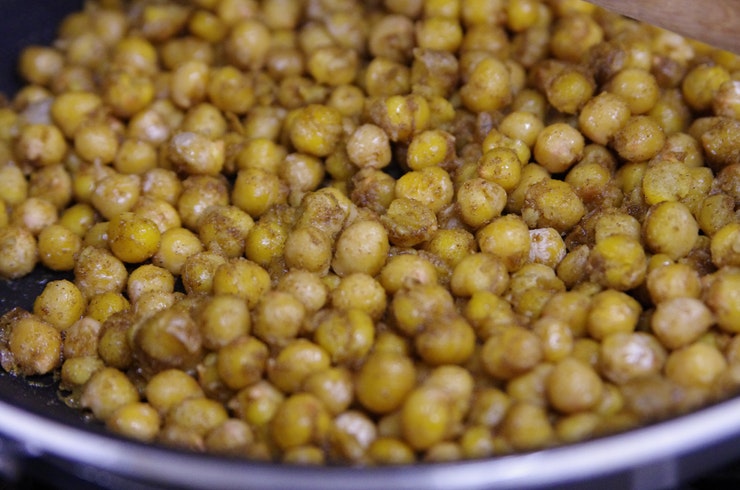
Chickpeas are legumes, and as such, are a complex carbohydrate. This means that the body can slowly digest them for a steady flow of energy. And energy is something that you need to help get you through the day when it often feels like you can’t.
But there is one thing that can be found in chickpeas that has been linked to improved mood: zinc. And it doesn’t take many of these fine legumes to brighten your day. In fact, in just one cup, you will get 17 percent of your daily recommended value of zinc.
5. Cottage Cheese
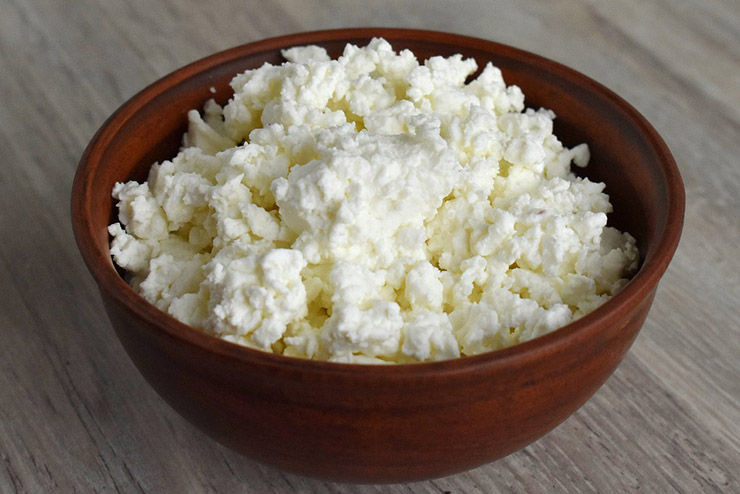
Sponsored Links
maxpixel.net
You know the nursery rhyme, “Little Miss Muffet” who sat on her tuffet, eating her curds and whey (cottage cheese) and got frightened by a mere spider? Well, there is something a little suspicious about what was in that bowl, and it likely wasn’t cottage cheese.
Cottage cheese contains vitamin B, which has been linked to improving people’s mood, relieving anxiety and depression. Research also found that when taken together with a conventional antipsychotic medication consumption of vitamin B may lessen the severity of psychotic symptoms in patients with chronic schizophrenia.
Furthermore, all it takes is one cup of the white, curdled cheese to give you 16% of your recommended daily need.
And, if you want to sweeten the deal by adding a smile to your meal, recite that nursery rhyme replacing it with something a little more fitting — perhaps a bowl of marshmallows. Miss Muffet was eating a bowl of marshmallows.
